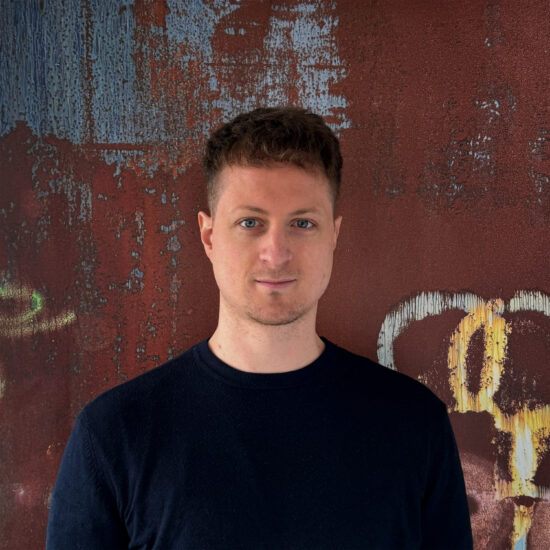Many literary works that address historical traumas, such as slavery, the Second World War, or colonisation, evince a supernatural dimension. Possessed characters, haunted places, and ghostly apparitions – motifs typically associated with gothic or fantasticgenres – can be found in the works of authors as varied as Maurice Rostand, Gustav Meyrink, Elie Wiesel, Edouard Glissant, Octavia Butler, W. G. Sebald, Toni Morrison, Wu Ming, Ta-Nehisi Coates, and Antoine Volodine. I argue that these writers use supernatural tropes to approach experiences that cannot be fully grasped or expressed through so-called rational or realistic means. Murder victims returning to life, characters haunted by those they have wronged, and places plagued by ghosts all serve to show that the past is not behind us and that we owe it an unpaid debt. In these works, history materialises to remind the living that what was broken remains far from repaired.
The project aims to better understand these historical hauntings and the ways in which fiction can reconceive the relationship between historiography and reparation. It also seeks to theorise the notion of historical fantastic, drawing on thinkers such as Walter Benjamin, Aby Warburg, Ernst Bloch, Jacques Derrida, and Georges Didi-Huberman, who challenge the idea of a linear, chronological, and progressive temporality. Ultimately, the project reflects on the politics of anachronism.
DR. JULIEN JEUSETTE
CURRICULUM VITAE
Julien Jeusette is research programme director at the Käte Hamburger Centre CURE. After completing a joint PhD in modern literature at the University of Paris Cité and the University of Luxembourg (2017), he completed a four-year postdoc at the University of Milan, followed by a two-year postdoc at the Luxembourg School of Religion & Society (affiliated with the University of Bonn). While holding this postdoc, he also served as a seminar director at the International College of Philosophy in Paris (2022–2023) and was a visiting lecturer at the University of Liège (2022–2024). He has undertaken research stays at Harvard University, Yale University and the University of Bologna. His research, situated at the intersection of literary studies, philosophy, and critical theory, has been (or will soon be) published in journals such as Études littéraires, Études françaises, Revue critique de fixxion française contemporaine, Revue ELFe XX-XXI, L’Esprit créateur, Journal of World Literature, COnTEXTES, Revue Captures, and Littérature.
